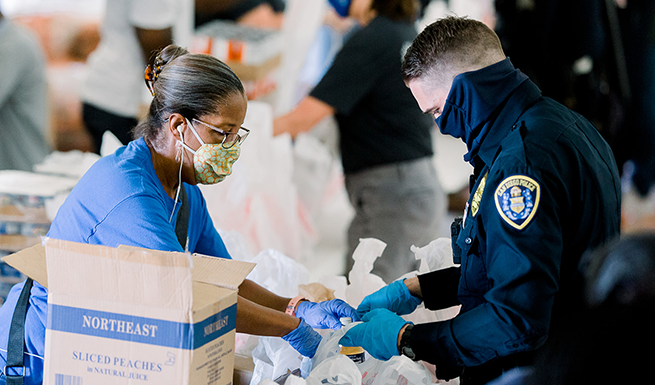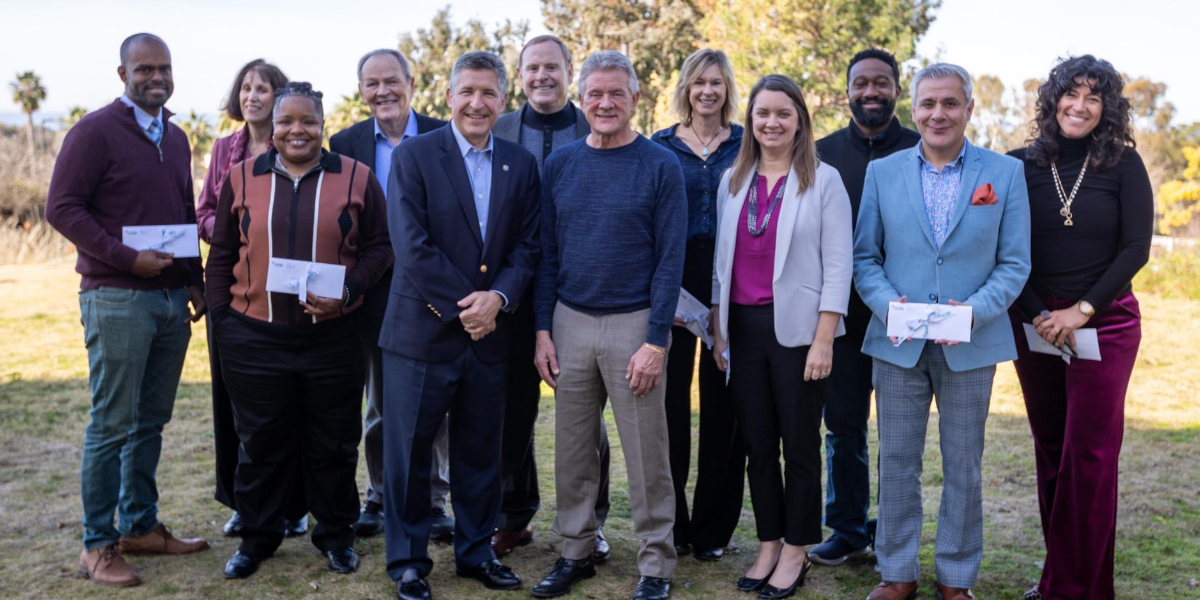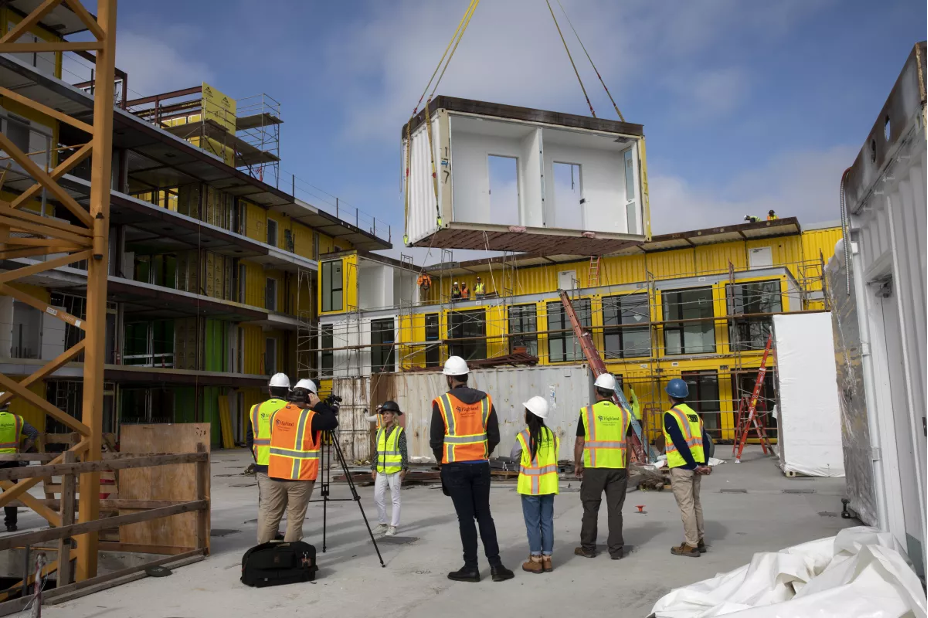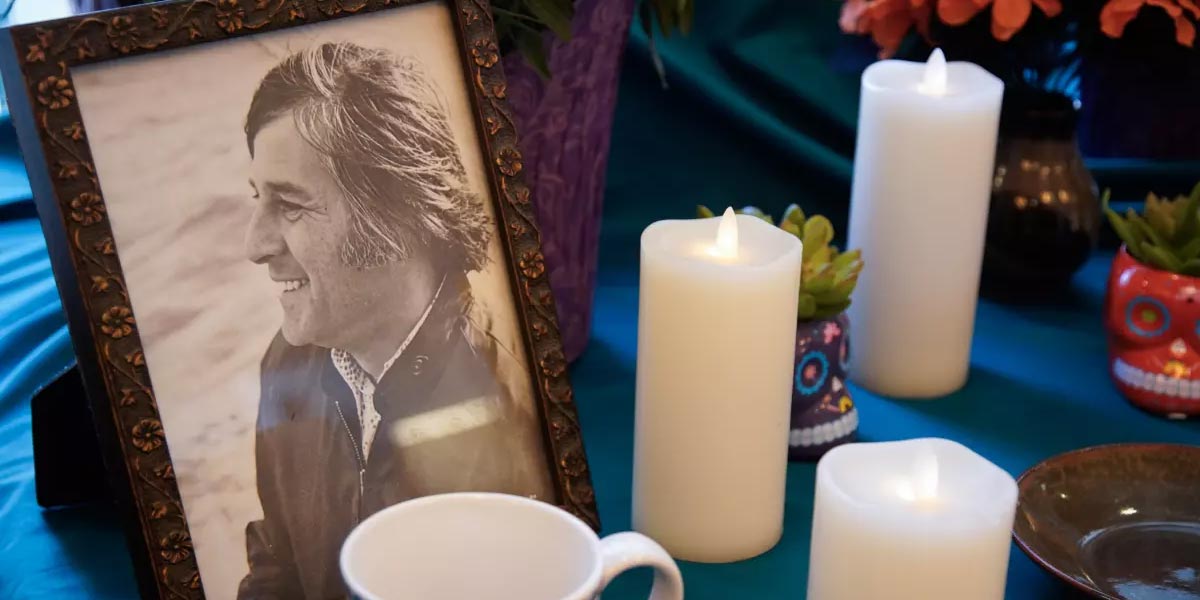Together, we will navigate our way out of this crisis and the pandemic will eventually end. What’s important is how we plan and prepare for both the known and unknown challenges of our future in the San Diego region.
I believe that’s where we can draw on our success with wildfire recovery, crises we unfortunately know all too well here in San Diego.
When a wildfire strikes, national and local agencies and organizations come together to assist with the rescue, recovery, rebuilding and resiliency efforts. Most often, the rescue is led by emergency responders and rapid-response organizations, while the other stages are led and supported by local government, nonprofits and community leaders.
Our regional experience and expertise with wildfires, as well as the work currently being done to mitigate the impacts of COVID-19, teach us important lessons about safeguarding the future.
The solution to every crisis, regardless of its cause, lies in preparedness.
Imagine for a moment that we are in 2030. The COVID-19 pandemic is well behind us, and the next global virus or crisis is starting to impact our region, our state, our nation and our world. Yet the decisions made by our elected officials and leaders in 2020 mean that this major disaster has little to no effect on San Diego County and our communities.
That is a future I am hopeful for and will work toward — a future that is possible when together we focus on recovery, rebuilding and resiliency.
To prepare for both the known and unknown challenges of the future, we need our policymakers, philanthropists and community organizations to focus today on initiatives that build a more resilient San Diego.
That means investing in equitable educational opportunities for our children as well as long-term workforce development to ensure San Diegans have access to higher-quality, higher-paying jobs. That means adopting more racially equitable policies and programs now and also building generational wealth for Black and Latinx families so that all San Diegans prosper from our strong regional economy so the next economic crisis has a diminished impact on quality of life. And that means prioritizing clean air, water and energy while also enacting policies that prepare our communities and neighborhoods for the growing effects of climate change.
We know this pandemic crisis will eventually end, but it won’t be the last in our lifetimes. I don’t share this to be pessimistic. I share this as a call to action and unity. I encourage our leaders from every sector, including philanthropy, to prepare for the next crisis today with the same vigor and collaboration we have demonstrated in our response to COVID-19.
If the events of 2020 have shown us one thing, it’s that the actions we take today will protect us from the known and unknown crises of tomorrow.
This article first appear in The San Diego Union~Tribune




